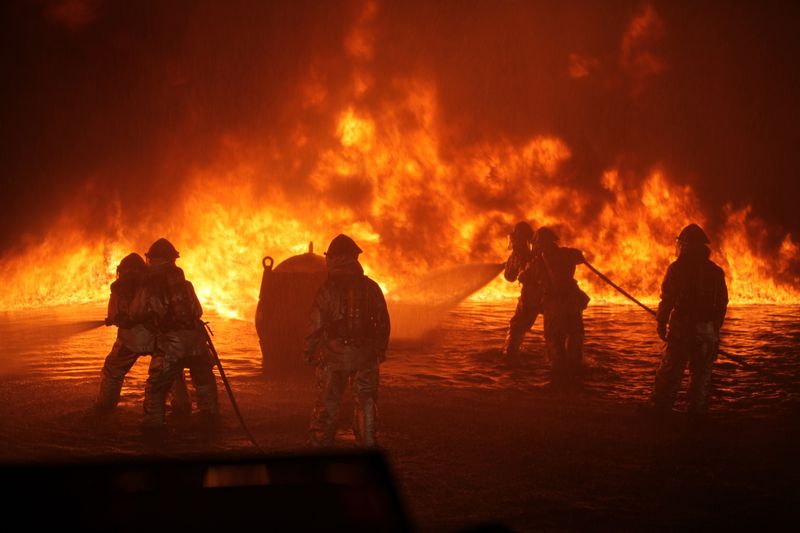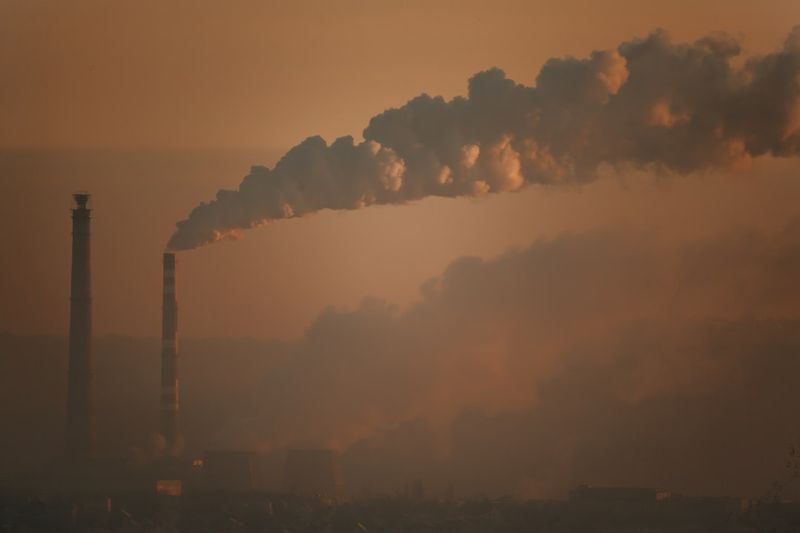The World Just Recorded its Hottest Day Ever
Introduction
On July 3, 2023, the Earth experienced its hottest day ever recorded by humans, according to researchers in the US. Unofficial data from the University of Maine’s Climate Reanalyzer project suggested that the previous record had been broken, a finding later confirmed by scientists at the US National Centers for Environmental Prediction. New data from Climate Reanalyzer even suggests that the following day, July 4, broke the record again. These unprecedented heat levels are a cause for concern, as they indicate the ongoing impact of global warming and its potential long-term consequences.
Breaking the Record
Climate Reanalyzer’s preliminary record for the hottest day is based on satellite monitoring data dating back to 1979. However, the US agency was able to access instrumental records from the National Oceanic and Atmospheric Administration dating back to 1880. These records reveal that the average global air temperature at 2 meters above the ground surpassed 17 degrees Celsius (62.6 degrees Fahrenheit) for the first time, surpassing the previous record of 16.92°C (62.46°F) set in July and August of 2016.
The Role of Greenhouse Gas Emissions
Human-generated greenhouse gas emissions, which contribute to global warming, are being amplified by the El Niño effect. El Niño refers to the periodic warming of the surface temperatures in the tropical Pacific Ocean, which can influence weather patterns worldwide. Climate researcher Leon Simons suggests that as the warmer phase of El Niño begins, we can expect more daily, monthly, and annual temperature records to be broken within the next 1.5 years. This underscores the urgent need to address greenhouse gas emissions and mitigate human impact on the climate.
Impacts and Concerns
Record-Breaking Global Heat
The record-breaking heat comes after one of the warmest months ever recorded in various parts of the world, including the UK. The UK’s meteorological agency warns that the frequent occurrence of new heat records is directly linked to the use of fossil fuels, a leading source of greenhouse gases. The trend of increasing temperatures, combined with natural variability, is heightening the probability of reaching record highs. This has significant implications for human populations and ecosystems.
Extreme Weather and Impacts
Over the July 4th weekend in the US, heat advisories were issued for more than 30 million people as multiple states experienced temperatures surpassing 100°F (37.7°C) for several consecutive days. In Asia, the Chinese capital of Beijing reported nearly 10 straight days of temperatures above 35°C. Heatwaves in India are exacerbating poverty, increasing incidents of gender-based violence, and causing numerous deaths. The consequences of rising temperatures include a rise in extreme weather events such as wildfires, air pollution, flooding, and storms. These events lead to crop losses, diseases, and population displacement.
Threats to Climate Targets
The unprecedented heat levels and the destruction caused by extreme weather events pose a significant challenge to the climate targets set in the 2015 Paris Agreement. The agreement aims to limit global temperature rise to no more than 2°C above pre-industrial levels, with a preference for staying below 1.5°C. However, these temperature increases have already been recorded over several days, with Europe experiencing temperatures 2.3°C higher than pre-industrial levels in 2022. Failing to meet the targets could result in mass species extinction, more frequent and severe weather events, and the loss of glaciers, leading to mass flooding and posing a threat to heavily populated cities.
The Way Forward
The record-breaking temperatures serve as a stark reminder that urgent action is needed to address the climate crisis. Governments, businesses, and individuals must commit to reducing greenhouse gas emissions and transitioning to renewable energy sources. Efforts to adopt sustainable practices and mitigate the impact of climate change should be prioritized on a global scale. Furthermore, international cooperation and collaboration are essential in developing and implementing effective strategies to mitigate global warming. Time is of the essence, and a united, concerted effort is required to ensure a sustainable and habitable planet for future generations.
Conclusion
As the world experiences its hottest day on record, it is crucial to recognize the severity of the climate crisis and take immediate action. The continuous breaking of temperature records emphasizes the need for greater awareness, governmental policies, and individual responsibility in protecting our planet. Failure to address the causes and effects of global warming will have far-reaching consequences for both humanity and the natural world. Let this be a wake-up call to prioritize sustainability and work towards a future where the world no longer experiences such extreme heat.

<< photo by Pixabay >>
The image is for illustrative purposes only and does not depict the actual situation.
You might want to read !
- Heatwave Hits Canada: July 4 Breaks All-Time High Temperature Record
- Smoky Skies: Ottawa Welcomes Summer with a Hazy Glow
- Hotter Temperatures Linked to Health Risks Amid Climate Change
- “Roger Federer Steals Hearts with Spectacular Wimbledon Performance”
- Roger Federer Makes Triumphant Wimbledon Comeback, Shares Candid Conversation With Catherine
- Air Quality Crisis: Balancing Life and Environmental Impact
- Montreal Blanketed by Unprecedented Wildfire Smoke, Ranks as World’s Most Polluted City
- El Niño Returns: Blessing or Bane?




